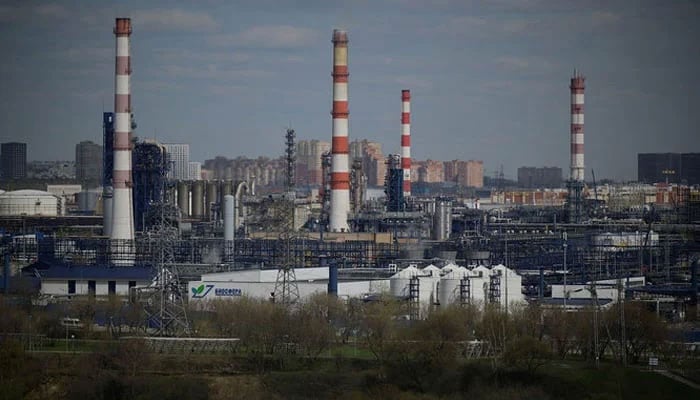
The oil sector has voiced strong objections to the suggested changes in the policy governing the import and export of oil refined products under foreign suppliers’ accounts via custom bonded storage facilities.
In a recent letter to the secretary of the Petroleum Division, the Oil Companies Advisory Council (OCAC) highlighted their concerns regarding the proposed amendments reported on these pages on August 28.
According to the OCAC, the perceived benefits of the new policy are counterproductive. Its letter MEPD-515, dated June 27, 2023, outlined how the approved mechanism not only harms the country but also poses significant risks to the oil industry.
Despite these serious concerns, the Economic Coordination Committee (ECC) of the cabinet approved the policy on June 27, 2023. The Ministry of Energy, Ministry of Commerce, Ogra, FBR, and SBP subsequently developed SOPs, which the industry has already addressed, according to the oil body.
The oil body also pointed out that the news article mentions the Petroleum Division and the Federal Board of Revenue (FBR) working on a new paper due to foreign suppliers’ reluctance to operate under the current policy framework. A meeting was held on August 29, 2024 to address the unreasonable demands of foreign suppliers and/or local storage facility operators.
The proposed changes, as reported, include making the physical presence of foreign suppliers or their subsidiaries optional rather than mandatory, redefining the term ‘consignee’ to include operators of customs licensed bonded warehouses, and adding liquid chemicals and petrochemicals (excluding those on Appendices A – Negative List and B – Restricted Items).
The OCAC has declared these proposed amendments unacceptable, claiming they undermine the policy’s original intent. The oil industry is deeply concerned that the demands of foreign entities and local operators might be accommodated without proper consultation with the industry.
The oil body criticized the supposed benefits of these changes, adding that “the merits of these changes, as envisioned by the ministry, are in reality fraught with disastrous consequences for the domestic oil industry”. It also expressed concerns about the proposed inclusion of petrochemicals, citing recent solvent imports allowed without regulatory approval.
With ongoing issues like rampant smuggling and a market saturated with HSD stocks and light aliphatic hydrocarbon solvent — used as a petrol adulterant — the industry fears that allowing local operators to import liquid chemicals and petrochemicals will worsen these problems. Expanding the number of operators could further complicate an already difficult situation.The OCAC has requested that no amendments be made to the existing policy.
